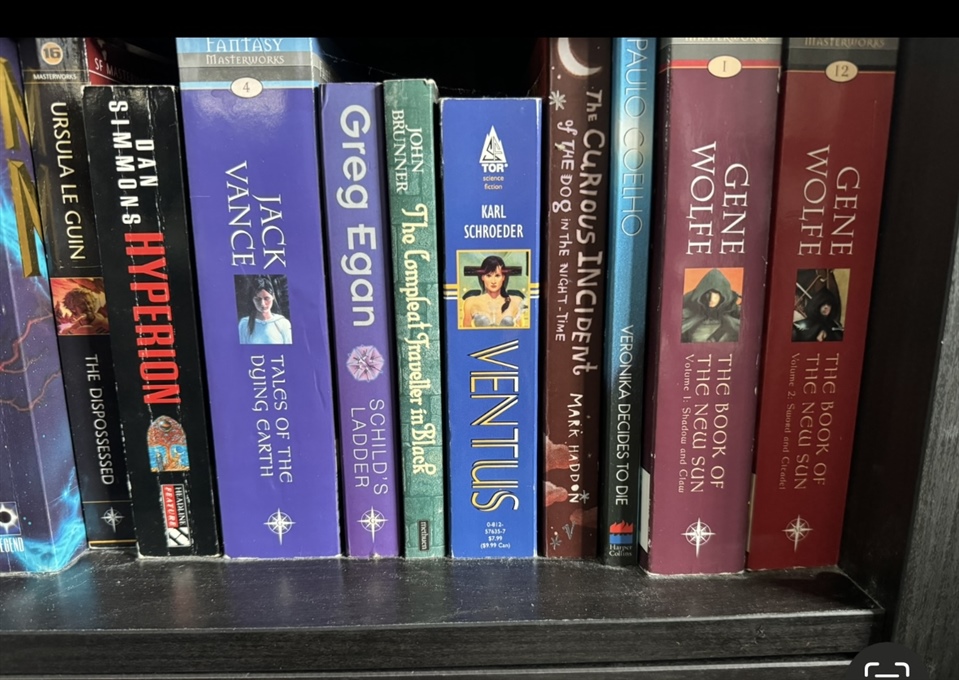Something I’ve been thinking about for while but was just reminded by Pixiefox: why do so many of we autists like science fiction?
It just seems to come up again and again and, perhaps unusually, it’s not just us blokes (sci fi is usually stereotyped as a male interest).
I’ve been an avid sci fi fan almost since I could read. I started with classics like Bradbury, Asimov, Heinlein and moved on to make a pretty good stab at reading the entire sci fi section of my local library and book store, all while avidly watching Doctor Who, Star Trek and Blake’s 7.
So why do autists connect so strongly with it?




